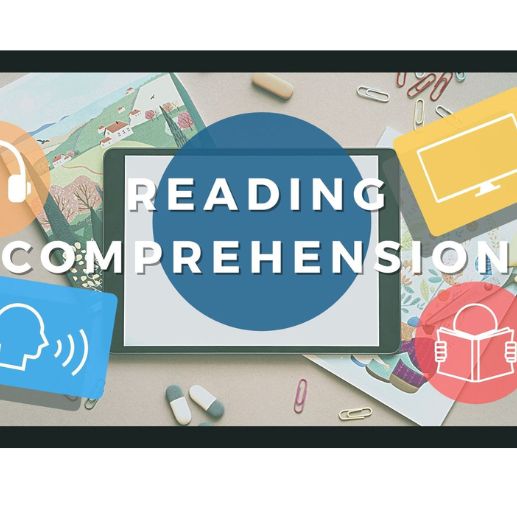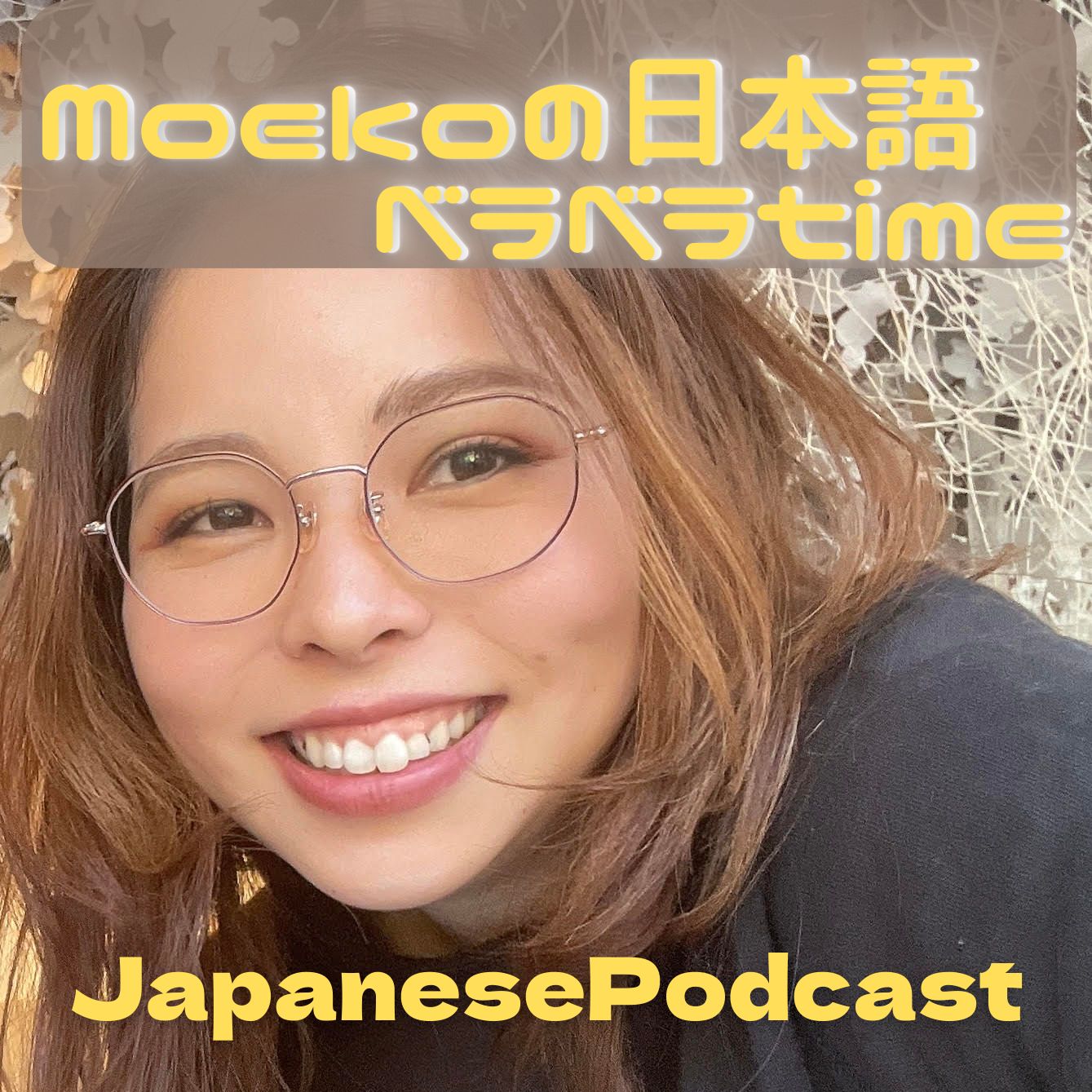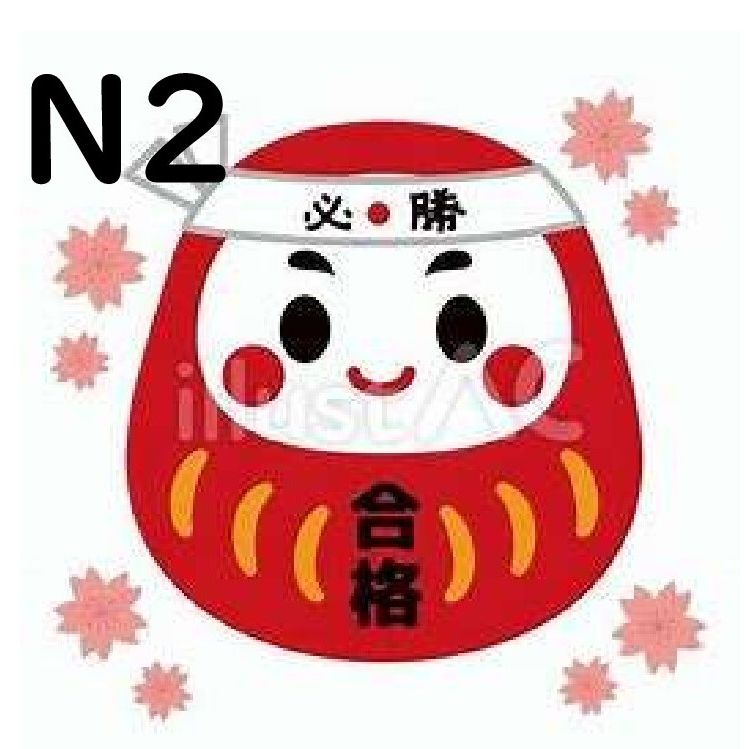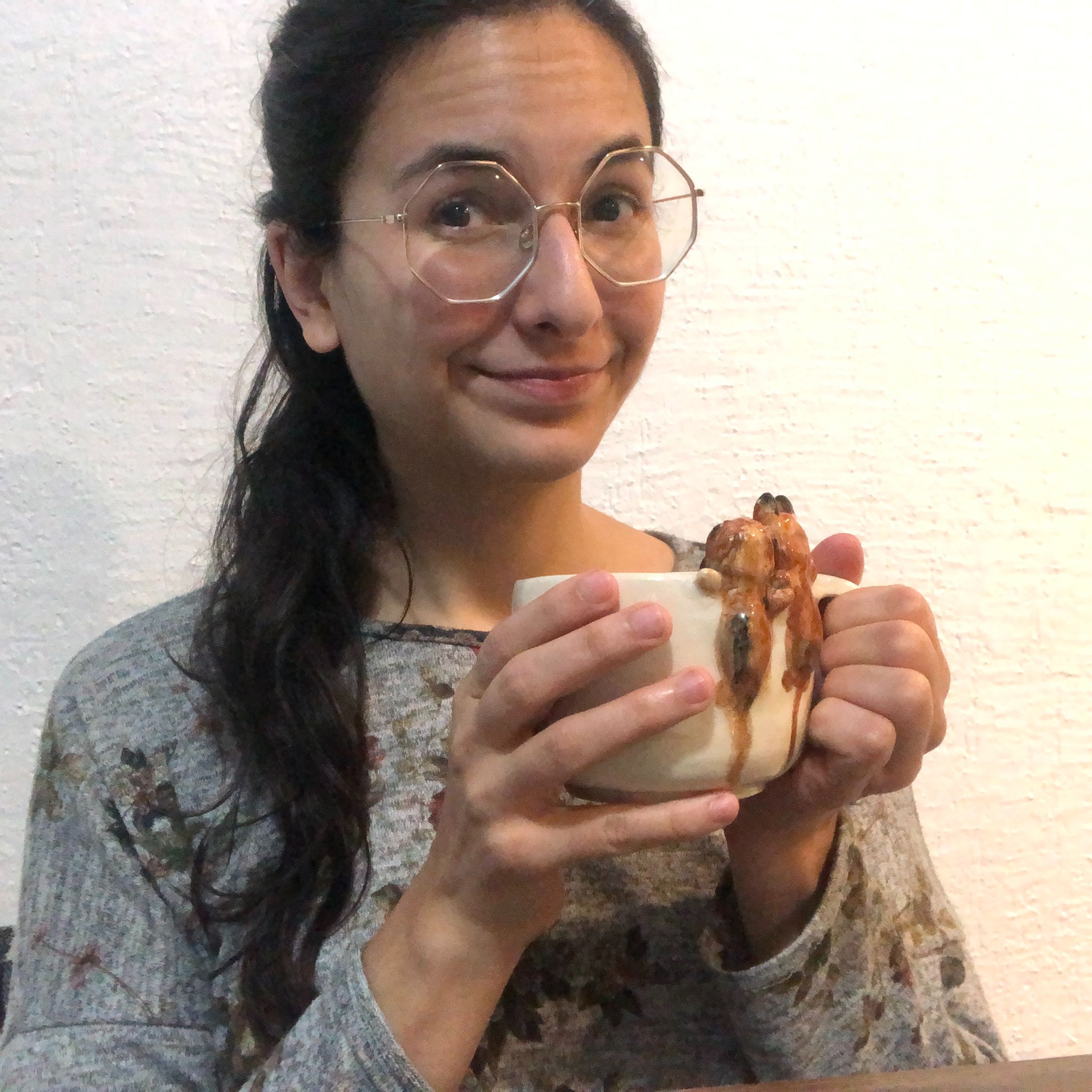Cerca tra vari insegnanti di Inglese...

Party of One: Solo Dining Increasing in Popularity
Descrizione
If you see someone sitting alone in a restaurant, you might assume they're waiting for someone, or perhaps they're grabbing a quick lunch on their break.
But more and more people around the world are purposely dining alone.
Japan has a special word for this: ohitorisama, which refers to people confidently doing things alone without worrying about what others think.
A recent survey found that 23% of Japanese people eat out alone, up from 18% in 2018. And in the US, solo dining reservations have risen 29% over the last two years, according to restaurant reservation site OpenTable.
OpenTable CEO Debby Soo thinks remote work is one reason for the increase, with people looking for a break from their home offices.
The increasing popularity in solo dining comes as more people are living alone. In 2019, the Pew Research Center found that 38% of US adults ages 25 to 54 were living without a partner, up from 29% in 1990. In Japan, single households now make up one-third of the total; that’s expected to increase to 40% by 2040, according to government data.
Growing interest in solo travel — particularly among travelers ages 55 and over — is also leading to more meals alone.
But Soo thinks there could be more to it than that.
"I think there's a broader movement of self-love and self-care and really … enjoying your own company," Soo said.
As a result, many restaurants are redoing their seating, changing their menus and adding other special touches to appeal to solo diners.
But some aren't always happy to seat one diner. A Michelin-starred London restaurant caused a stir last year when it started charging solo diners the same price as two customers. The restaurant, which has 34 seats, offers an eight-course menu costing about $280 per person.
Other restaurants say it's worth seating one person because solo diners will often come back and eat there again.
Canale dei podcast
Practice Listening, Reading & Comprehension
Autore
Tutti gli episodi

Il viaggio in Minivan

100 MUST-KNOW Synonyms | Learn Thai with Shelby

Moekoの日本語ベラベラtimeEpi17: 本音と建前の話【Japanese Podcast: listening practice】

N2 語彙 第6章2課

Chapter 13 A Powder for Dragon

British Vowel Masterclass – Lesson 2: The Many Faces of the Letter A

12_Lehrer gesucht!

Episodio 2 Animales de México (INTERMEDIOS)
Episodi popolari

The Italian Miscellaneous Podcast for beginners
Il viaggio in Minivan

Learn Thai with Shelby
100 MUST-KNOW Synonyms | Learn Thai with Shelby

Moekoの日本語ベラベラtime
Moekoの日本語ベラベラtimeEpi17: 本音と建前の話【Japanese Podcast: listening practice】

N2合格
N2 語彙 第6章2課

Mrs. Frisby and the Rats of NIMH
Chapter 13 A Powder for Dragon

British Pronunciation Tips
British Vowel Masterclass – Lesson 2: The Many Faces of the Letter A

LearnGermanToday
12_Lehrer gesucht!

Tomemos una taza de café
Episodio 2 Animales de México (INTERMEDIOS)